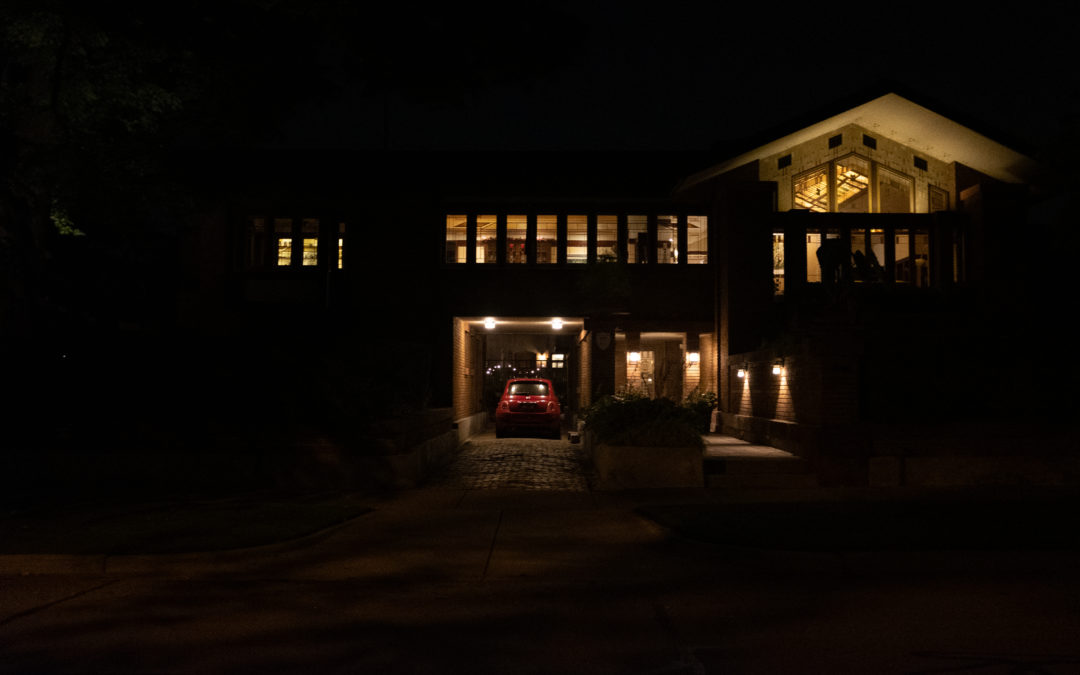I know what it’s like when the things you believe make you feel like you’re on the outside looking in. — Jodi Picoult
We’ve all been there. The outsider is one of literature’s most recognized and relatable motif’s and for good reason. We all feel the depth of our differences from those around us. “Does anyone else know?” we wonder. “Can they tell I’m different?”
Just like in real life, a few characters revel in their perceived differences and make every attempt to emphasize them while others do everything in their power to fit in. Most, however, fall somewhere in the middle, trying to salvage their unique characteristics without being seen as too ‘out there’ — just like in real life.hat
Pick a character you know well. Is this a main or support character? How does this character feel like an outsider? It is due to the character’s income, beliefs, abilities, appearance, or experiences? What intensifies these feelings? How do the character react to others when this happens? Anger, contempt, jealousy, defensiveness, fear, desperation? Humor, compassion, contentment, independence, determination? Now do the same for yourself.
When we walk past a house at night, we are naturally inclined to think that we know a little about the people who live there, but what we imagine often has more to do with our lives, values, histories, and beliefs than the reality of the people behind the glass. If your character from above walked past this Frank Lloyd Wright-inspired house, what would that character assume about the people who lived here? Would your character feel similar to or different from this house’s residents? Which societal and personal values would your character assume the people inside have? If a couple walked past a window and they weren’t what your character expected — race, sex, attire, age, etc — how would those beliefs about the people inside change?
